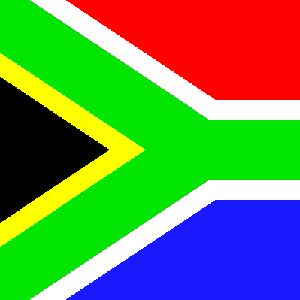
South Africa Threatens Farmers With Compulsory Eviction
A primary cause of Zimbabwe’s plummet to economic ruin was the destruction of its agricultural industry through mass forced seizures of white-owned farms. “Zimbabwe’s economy has been in free fall since February 2000 when the government began seizing thousands of white-owned commercial farms for redistribution to blacks, crippling the key agriculture sector. As the economy has plummeted, government services have declined and millions have become dependent on aid” (Associated Press, August 22).
Things have gotten so bad in the southern African nation of Zimbabwe that it has had to ditch its currency as worthless. Hyperinflation had become so excessive that the nation has just replaced its currency with new legal tender that has three zeros struck off the old denominations.
Sadly, South Africa is on the same path—of forced redistribution of white-owned farms—and the end result will be much the same.
For some years, under South Africa’s “land reform” policy, white-owned farms have steadily been taken over based on a “willing buyer, willing seller” principle. During this time, however, immense pressure has been placed on farmers, with squatters illegally occupying white-owned farms and government security doing nothing about it. White farmers have increasingly been the victims of murder and violence.
Now, the South African government has given white farmers an ultimatum: They face being forcefully evicted from their farms if they do not agree to sell their farms for an agreed price within six months. This, reports the Independent, is “the first time the country has set down such stringent rules for land reform policy” (August 15).
Lulu Xingwana, South Africa’s new agricultural minister, “said white farmers had a deadline of six months, by which time they should negotiate fair prices for their land or risk compulsory eviction” (ibid.).
Some farmers have been reluctant to sell their farms at government-set prices they consider below market value. The government accuses farmers of asking unreasonable prices. However, it appears this may simply be a pretext for accelerated “empowerment” of black people. The transfer of white-owned land to blacks has not happened as quickly as some would like. So the government is now turning up the heat on white farmers.
“It is unacceptable because the consequence for an open economy is devastating,” said Lourie Bosman, president of the farmers’ union AgriSA. “We have a good economy now, but what will it do to investment, to property security?” he asked.
The failed state of Zimbabwe gives a pretty good idea.
